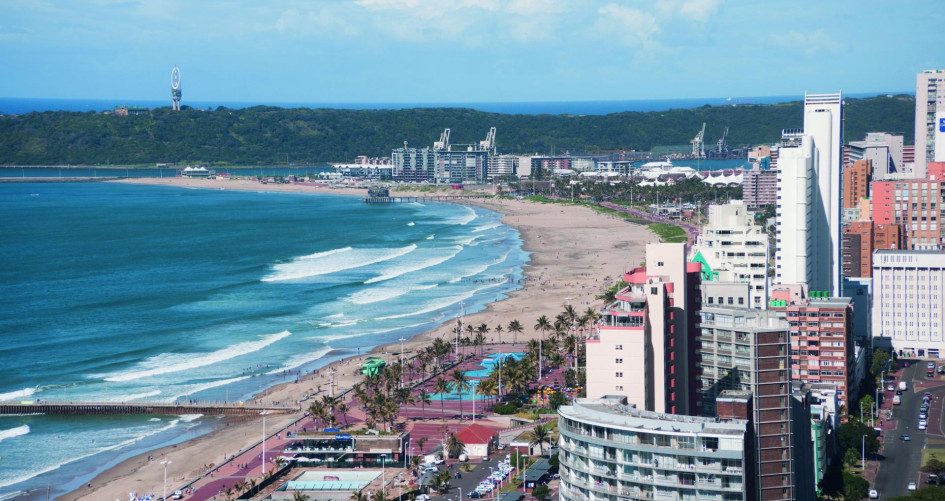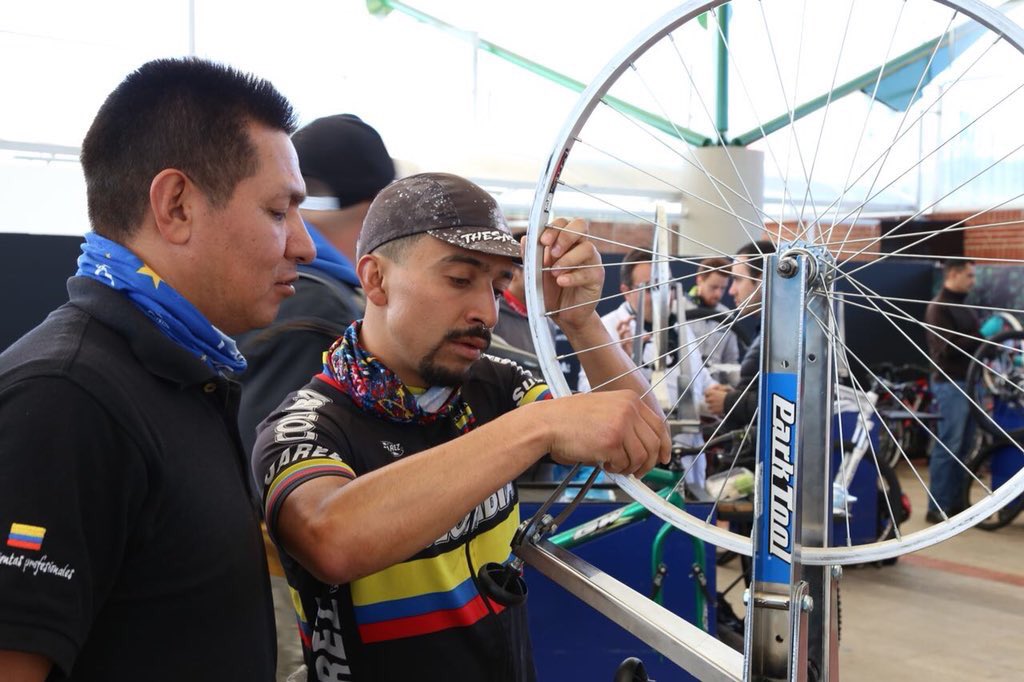A critical barrier to sustainable urban development and the local implementation of the Paris Agreement is insufficient access to finance for transformative urban infrastructure projects. The C40 Cities Finance Facility (CFF) addresses this barrier by supporting cities in developing and emerging economies to develop finance-ready infrastructure projects.
The CFF is jointly implemented by the C40 Cities Climate Leadership Group and Deutsche Gesellschaft für Internationale Zusammenarbeit (GIZ) GmbH. The CFF supports cities in developing and emerging economies to prepare finance-ready projects to reduce emissions to limit global temperature rise to 1.5°C and strengthen resilience against the impacts of a warming climate. The CFF is funded by the German Federal Ministry for Economic Cooperation and Development (BMZ), the Government of the United Kingdom, the Children’s Investment Fund Foundation (CIFF), and the United States Agency for International Development (USAID).
Support to cities is awarded through a competitive selection process and includes a dedicated in-city expert and is based on four pillars: (1) ensuring project’s technical feasibility, (2) capacity development, (3) knowledge sharing, and (4) creating partnerships. The CFF works in the best interests of cities rather than on behalf of a specific capital provider and supports only projects that have been prioritised by cities.
Key facts
- CFF projects will cut over 1.8 million tonnes of greenhouse gas emissions by 2050 and increase communities’ resilience once implemented.
Credit: C40 Cities Finance Facility
The challenge
Cities are responsible for more than 70% of global energy-related carbon emissions, and this number will continue to increase as urban populations grow. When developing urgently needed, sustainable and climate-proof infrastructure, cities meet an “urban finance gap”: limited capacity to prepare full project proposals and complying with requirements of financial institutions stand in their way of realising ambitious urban climate action. Financial institutions, on the other hand, often hesitate to support infrastructure projects put forward by cities without detailed project preparation and business cases in place.
The solution
CFF addresses the “urban finance gap” by supporting cities to develop their projects to bankable, finance-ready maturity - up to a point at which cities can directly negotiate with financiers. The CFF achieves this by providing in-kind technical assistance and capacity development support to the city administrations for developing feasible, transformative and sustainable infrastructure projects and linking them to finance. A key element is to equip city staff with the skills and internal structures they need to develop and evaluate financial models and work with experts on the technical design of the projects. It also enables the city to replicate these processes when preparing additional projects. Through an extensive knowledge and learning programme, non-CFF cities, practitioners and policy makers worldwide benefit from CFF experiences and are enabled to contribute to realising transformational change.
Credit: C40 Cities Finance Facility
Helping the planet
On a global scale, the 20 projects supported by the CFF are projected to leverage USD 650 million of investment in climate-proof urban infrastructure. These projects will cut over 1.8 million tonnes of greenhouse gas emissions over the next 30 years and can increase communities’ resilience.
Examples across the CFF’s work in the mobility, resilience and energy sectors illustrate this. In March 2020, Bogotá, Colombia, announced the construction of a 25-km ‘bicycle avenue’ starting in early 2021, prepared with CFF support. By 2023, the "Ciclo Alameda del Medio Milenio", will cross Bogotá from north to south. It will serve approximately 42,000 trips per day, with a capital investment of USD 82 million. With a modal shift to cycling, the project is projected to reduce 185,000t CO2e from 2020 to 2050 – saving the equivalent to more than 428,314 barrels of oil consumed.
Durban, South Africa, demonstrates a transformative approach in adapting to a changing climate. Its pilot river management programme is creating hundreds of community cooperatives for waste collection and maintenance in low-income communities living in vulnerable, flood-prone areas. By upscaling co-operatives and reinforcing embankments, the programme aims to prevent the loss of lives, build city-wide flood resilience and reduce the severity of future damages of floods infrastructure along watercourses across the city.
Helping people
Beneficiaries of CFF support are numerous city employees who are capacitated to deliver low-carbon and climate-resilient infrastructure to its citizens, and learn from each other. For example, early this year municipal governments in Latin America were facing the challenge of how to guarantee safe, efficient and affordable mobility in the face of the current health crisis. In response, CFF virtually convened 96 cities from 24 countries, with Bogotá announcing that the cycle avenue “Medio Milenio” would be constructed early to enable safe mobility through bicycles. Furthermore, CFF promotes gender equality, through engagement of gender & social inclusion departments and dedicated gender analyses for each project. This way, all cities can follow the footsteps of the city of Bogotá, which champions inter alia that cycle pathways are equally inclusive to women and men.
Spillover effect
Three CFF-supported projects already scaled up their initial plans. Based on CFF support, Mexico City is seeking acquisition of a total 500 new electric trolleybuses for the entire bus fleet by 2024. Its technological analyses with CFF will be shared with other city administrations in Mexico and Latin America making the economic case for zero-emission buses. In Quezon City, the city government already committed to scale-up its plan to install solar PV systems from 50 to 5000 city owned buildings. In Durban, the city upscaled the programme from 300 km of streams and rivers to cover 1,000 km, and considering an extension to all 7,400km of watercourses.




Images owned by the activity partners, all rights reserved.





